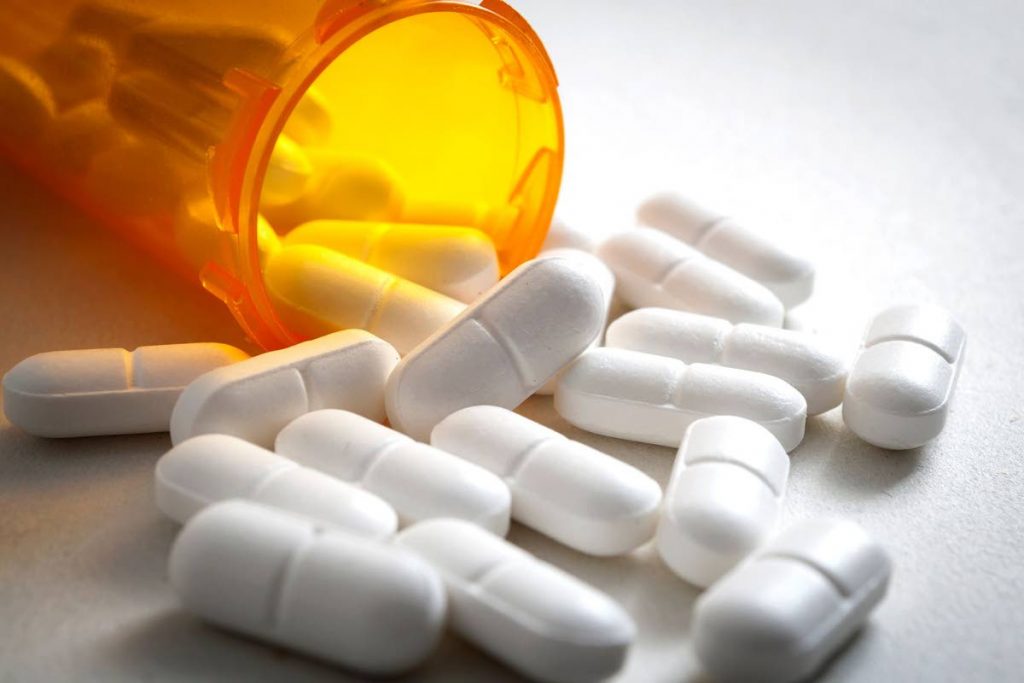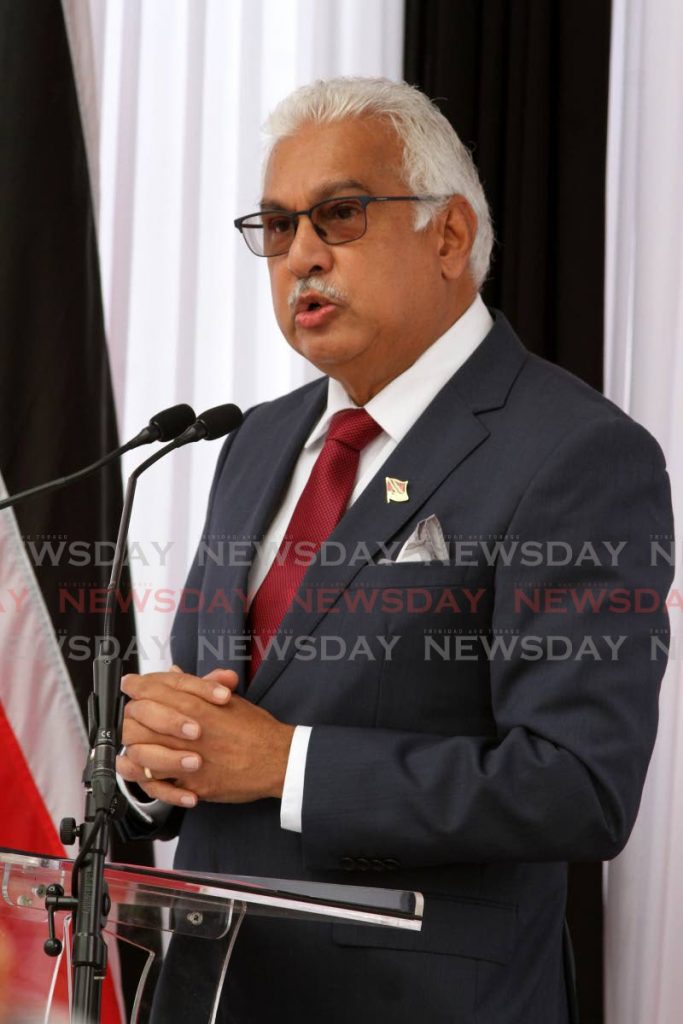Healthy Ministry: Fake drugs on sale, look out for foreign language labels

The Ministry of Health has issued a warning to the public to be cautious when purchasing medication, so they do no fall victim to fake drugs and pointed to tell tale signs which can alert the buyer including foreign language labels.
At the ministry’s press conference on Saturday, director of Chemistry, Food and Drugs Division Faiz Khan said fake drugs fall within three categories – substandard, unregistered or unlicensed and falsified.
He said people were using the covid19 pandemic as means to carry out the illicit trade, which according to World Health Organization (WHO) amounted to millions in distribution and sales.
“This is a worldwide phenomenon and criminals are using the covid19 situation. WHO data has indicated approximately 4.4 million units of illicit pharmaceuticals have been traded internationally.
“Some of the drugs included anti-cancer medication, hypertonic and sedative agents, steroids, nervous systems agents, dermatological agents and vitamins.”
Khan said there were drugs circulating in the local market that have not been approved for TT. One identifier, he said, was a different language printed on the packaging which meant it did not go through the various regulatory and approval processes or the drug advisory committee.
“We are seeing drugs that are meant for a different market. These have a foreign language; this was not meant for TT as it does not satisfy the special requirements, environmental condition and this would affect the stability of the drug.
He added that so far, the ministry has not encountered any fake vaccines.
To further combat the use of fake drugs, Khan also urged people to refrain from making online purchases because of the lack of regulation that his division and drug inspectorate have over such transactions.
“Based on data from WHO, it is estimated that almost 50 per cent of drugs bought from online platforms have proven to be fake and it does not give any sort of therapeutic effect to the user.
“The division and drug inspectorate are mainly responsible for regulating drugs which include antibiotics, narcotics and all other third scheduled over-the counter and drugs designed for our markets.”
Khan noted that the division follows the laws outlined in the Food and Drug Act which takes into account pharmaceuticals and alternative medication, including herbal supplements.
He said people getting involved in herbal medication should have their products registered or face penalties.
“A complaint is investigated first to verify whether the content of the complaint is accurate, and investigation is also followed with the manufacturer. We also go to the point of importation. Through the TTBiz link system all agencies involved can be traced to see who imported the particular drug.
“With that analysis of the data we can now take action in terms of a recall or legal action by engaging the Director of Public Prosecutions.”
Minister of Health Terrence Deyalsingh noted that since 2018 the matter of fake drugs was reported, in particular, unregistered herbal medication.

“As minister of health I would have signed off on a complaint to the office of the Director of Public Prosecutions in November 2018 on this whole issue of claims being made by a particular individual about what his herbs can and cannot do. So, we take this issue of claims and fake drugs very seriously.”
President of the pharmacy board Andrew Rahaman had a different view.
He told Sunday Newsday that while the board was aware that there were fake drugs in circulation, he would not categorise all as fake and risky.
“We are not happy with those that are written in foreign language, but we are getting some with some English in it, so that is okay. It is illegal to import these drugs in foreign language exclusively.
“We are not equating substandard or unregistered drugs with being counterfeit, we are saying that the chances are increased of counterfeiting by that method."
He called on the ministry to equip the relevant labs with the necessary equipment to have tests done on these types of drugs because the current situation has put a strain on pharmacies.
“We want the items tested to rule out speculation that something is counterfeit or not. The main reason for unregistered drugs is the delay in the process. Wholesalers and suppliers are finding alternative ways to import it.”
Pharmacies, he said, adhere to strict policies but they were left in quandary to source cheaper items.


Comments
"Healthy Ministry: Fake drugs on sale, look out for foreign language labels"